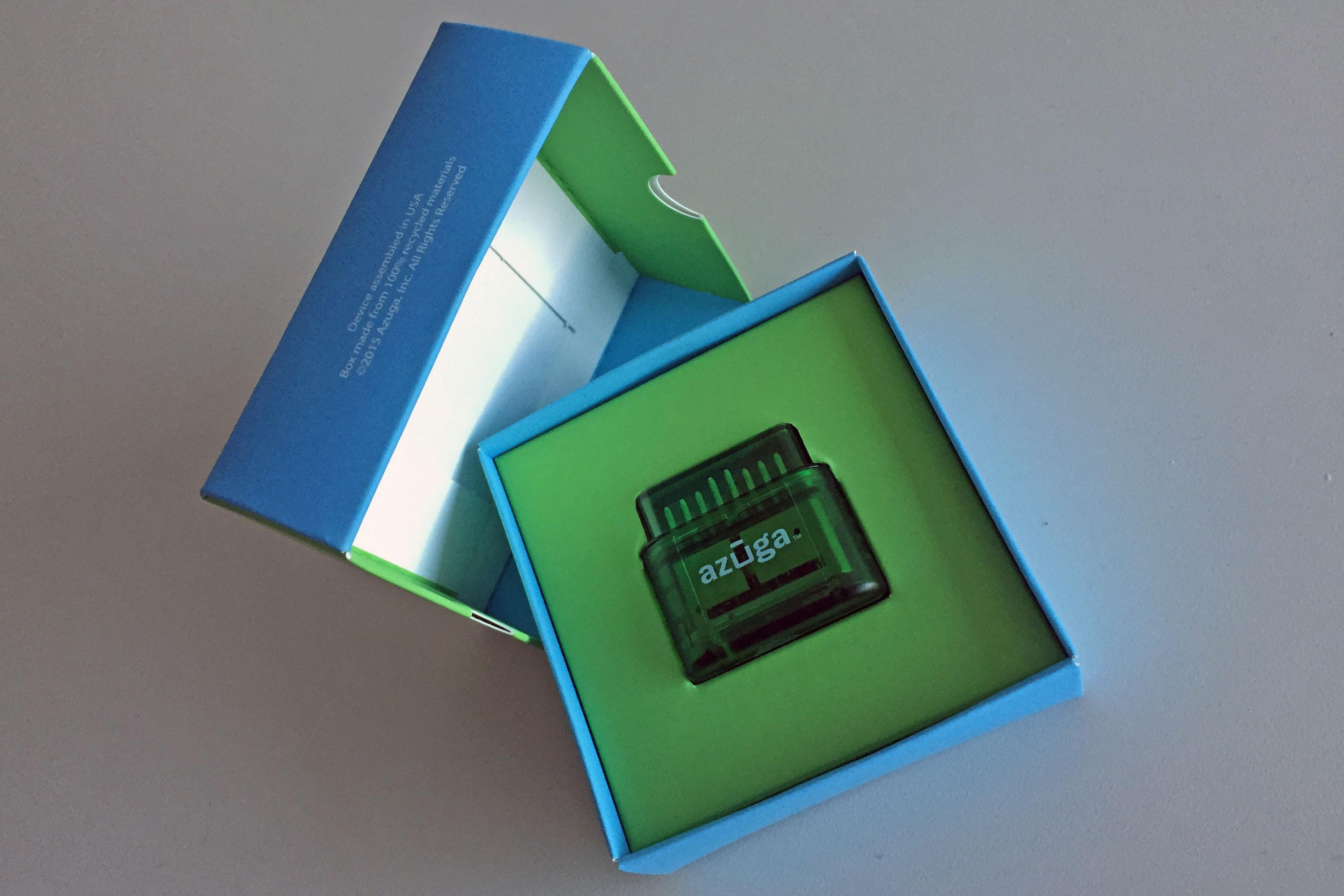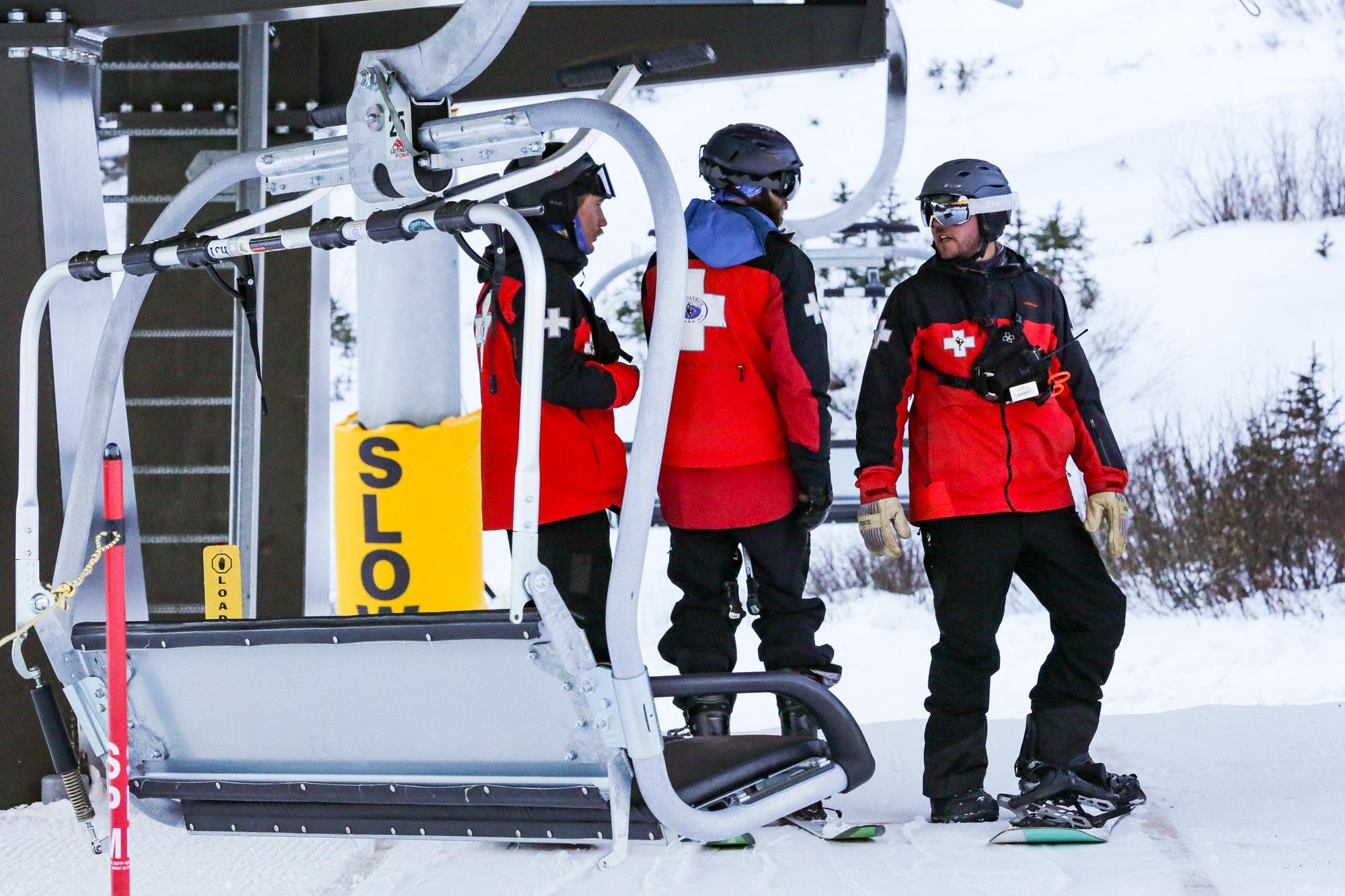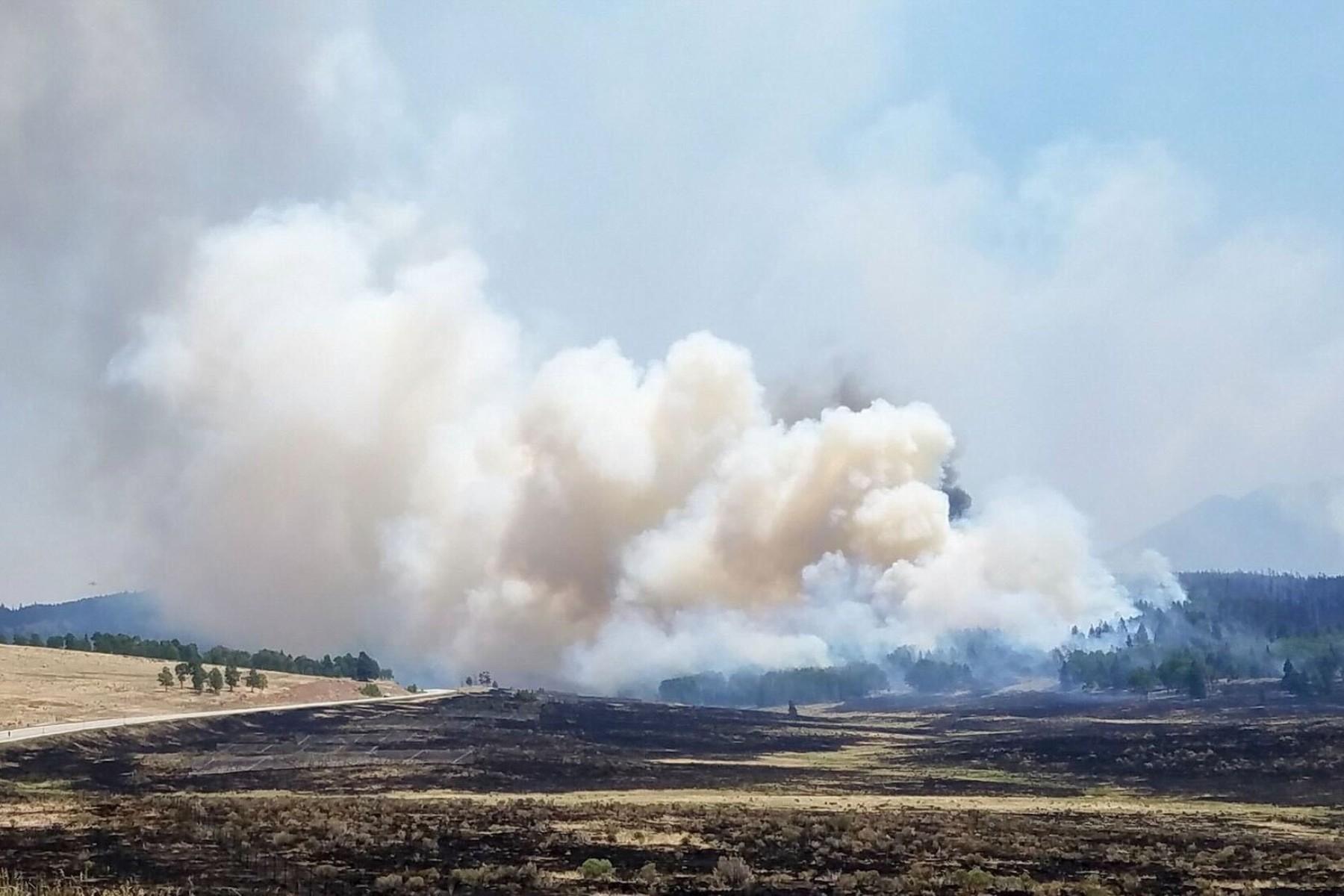
The Colorado Department of Transportation has a problem - it’s running out of money to pay for roads.
Most of the money CDOT uses on projects and repairs comes from the gas tax, which doesn’t generate revenue like it used to. So the department is exploring creative new ways to tap into drivers’ pockets, including a recently-launched pilot that charges motorists by the mile.
CDOT began by recruiting about 100 volunteers to participate in its Road Usage Charge Pilot Program. The program theoretically charges volunteers 1.2 cents per mile. No money actually exchanges hands. Right now, CDOT is merely examining the feasibility of a mileage tax.
“The point of the study is to say that 10, 15, 20 years down the road, the gas tax is not going to be a viable funding source,” said CDOT executive director Shailen Bhatt. “That’s why we have to be open to alternatives.”
CDOT faces a $25 billion budget shortfall over the next 25 years. And it’s dealing with a funding crisis as the state’s population is expected to swell from 5.4 million now to an expected 8 million by 2040.
The state’s gas tax of 22 cents per gallon — which does not change, regardless of whether fuel costs rise — has not been raised since 1991. While the state pays for its roads, the 1990s money, inflation fluctuates, construction costs continue to rise, and technology has led to changes on the roads.
“There are vehicles now that don’t use gas,” Bhatt said. “There are more electric vehicles. So it is prudent, it is wise at this point, when we can see the future for the gas tax is not robust, for us to be looking at alternate measures, so that’s the reason for study.”
For CDOT, a mileage tax could ultimately replace the gas tax, and would offer a more fair and reliable measure of a person’s road use. Charging motorists by the mile, CDOT said, is akin to paying utilities like water and electric: You pay for what you use.
Oregon and California are also trying out a pay-per-mile pilot. And several other states have received federal funding to launch their own studies.
Kevin Pula, a policy specialist for the National Conference of State Legislatures, said states across the country are considering a variety of ways to pay for roads, as the gas tax becomes an increasingly unreliable source of funding.
“It’s things like vehicle registration fees, tire taxes, sales tax on different products, even tobacco taxes, lottery taxes, oil and gas severances, a whole wide range of resources are going to pay for transportation,” Pula said.
The pilot participants are asked to track their mileage either manually — as in keeping track of their odometer and reporting their findings back to the state — or through a mileage tracking device, which may also have GPS capability.

The pay-per-mile test drive comes with a lot of questions: What’s to stop someone from unplugging the device while driving? Would CDOT still collect money if the driver is travelling out of state? And what about privacy concerns of “Big Brother” knowing your travel habits?
“And when do you have to pay?” asked a Denver resident named Mike, who did not want to give his last name, while he was cleaning his windshield at a Capitol Hill neighborhood gas station. He wasn’t sure how a road usage charge would directly impact him.
“Well, I’m all for that during the summer,” he said. “Of course I never drive, OK. But during the winter, I’m a skier. So I’m up in the mountains two or three times a week.”
Still, Mike is glad CDOT is trying out new ways to bring in more money to pay for roads.
“Some places the roads are good and other places they’re terrible. I mean you can’t win, it’s all over the place.”
Then there’s Brenna Pertner of Conifer. She does a lot of driving to Denver and she’s worried she’d be charged more under a mileage tax.
“So I guess it’s the most equitable way to go, but it doesn’t sound great to me,” she said.
Jon Caldara of the Independence Institute, a Libertarian think tank, said CDOT’s experiment “is admirable, but it’s a little misdirected.” He said it wouldn’t do anything to ease traffic congestion. He thinks more resources should be spent on high occupancy toll lanes, like the ones on US 36 or I-25, with less focus on mass transit projects, including commuter rails.
“It doesn’t free up capacity,” Caldara said of a mileage tax. “It's not tolled by time of day and how many people are on the roads at the time. And if we did that, what we would find is people might change some of their behaviors, like ,’Hey, I’ll come in to work 20 minutes later and stay 20 minutes later if the toll pricing is a lot easier.’ We're seeing that for instance on the US 36 corridor where they have that kind of flexibility.”
Colorado‘s lawmakers are currently in talks about finding new ways to fund roads, which may include some sort of sales tax increase to take to voters in November.
But House Minority Leader Patrick Neville, a Republican, doesn’t like the idea of new taxes to pay for roads. He’s long-argued that the state has money in its existing budget to increase transportation funding, but that the money is being spent in the wrong areas. Democrats, including Gov. John Hickenlooper, argue that would mean having to cut spending in other areas, like healthcare and education.
Neville also thinks CDOT’s mileage tax pilot is “totally unpopular” and unworthy of consideration.
“It’s an invasion of privacy. It’s an increased tax. It’s quite frankly, a waste of our resources to even be doing a study in the first place.”
But Bhatt said some of the concerns he’s hearing on the pilot are misguided. On privacy concerns over GPS devices, Bhatt said people already drive with GPS in their cars and on their phones. He knows this approach to paying for roads is likely to raise a lot of questions — that’s why the state is studying the viability of a pay-per-mile tax in the first place.
“There’s a lot we need to learn and that’s what we’re hoping to do with this pilot,” he said.









